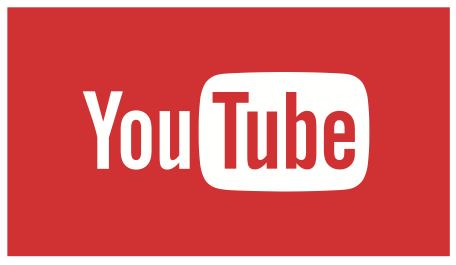Music Labels Cry Foul at YouTube and DMCA’s ‘Safe Harbor’
April 13, 2016
An International Federation of the Phonographic Industry (IFPI) report points out that 20 million Americans, and 20 percent of the world’s population, still pirate music. Now, the IFPI will soon join the record labels’ trade group the RIAA in complaining that YouTube doesn’t pay a fair price for the music it gives away for free. At the same time, Universal Music Group, Sony and Warner Music Group are about to renegotiate their contracts with YouTube, and they say the Digital Millennium Copyright Act hurts their bargaining power.
Re/code interviewed RIAA head Cary Sherman to “explain his industry’s beef with both the DMCA and with YouTube.” He revealed that a Copyright Office study is now underway to see if the DMCA “is actually effective and fulfilling its intended purpose.”
“It has given us an opportunity for the community to collect our thoughts about just how dysfunctional the DMCA actually is,” said Sherman. “And to actually tell the government about it.”
Sherman, noting that the DMCA was written in 1998, says the Internet of 2016 is “dramatically different” and that “it’s time to take a fresh look at whether the balance that was struck in 1998 is effective in 2016.” The answer, says Sherman and his colleagues, is “clearly no,” because while Silicon Valley companies have a market cap “worth gazillions of dollars,” the creative industries are now half the size they were and not growing.
“For the music industry, 70 percent of revenues now come from digital,” he said. “We’ve licensed every different kind of model, but the revenues just aren’t coming in.”
In addition to piracy, under-monetization, by which “some companies get the benefit of being able to distribute our content, without taking fair market value kind of licenses,” is another ongoing problem. Sherman argues that “safe harbor” is too “expansively interpreted” to “get the value across platforms that you should.” The burden is on the labels to find every copyright infringement, says Sherman, and when they’re taken down, they’re “immediately put right back up.”
“You can never get all the songs off the system,” he explained. “If you had a filtering system that prevented it from going back up, we wouldn’t have to be sending hundreds of millions of notices on the same content over and over again.”
The Verge notes that, despite how successful streaming music services such as Spotify and Apple Music have become, piracy could make a comeback because “streaming service exclusives and complete artist opt-outs make it impossible to get all music in one place.”
Two new singles from Drake are only available on Apple Music, and Kanye West’s new album is only on Tidal. The latter finally arrived at Spotify, but only “after an estimated 500,000 people had already torrented it.” Although exclusives do help to introduce potential subscribers to a service, “it’s assumed that most won’t stick around.” The costs of subscribing to Apple Music, Tidal and Spotify costs $360 a year, notes The Verge, and “the dream of streaming all the music in the world won’t last long if it becomes just another expensive patchwork of barriers.”
Related:
Music Industry Frets Over YouTube Despite Streaming Revenue Boost, The Wall Street Journal, 4/12/16


No Comments Yet
You can be the first to comment!
Sorry, comments for this entry are closed at this time.